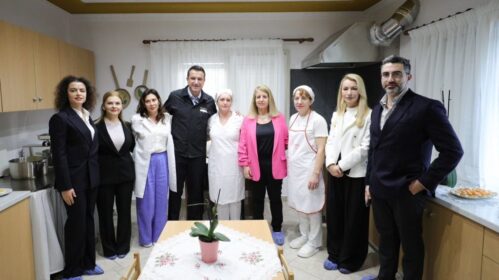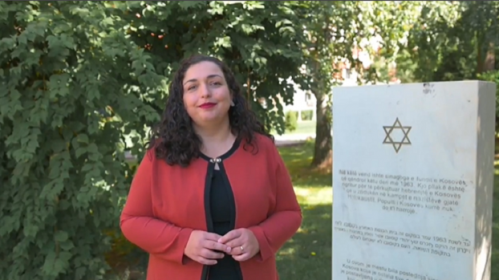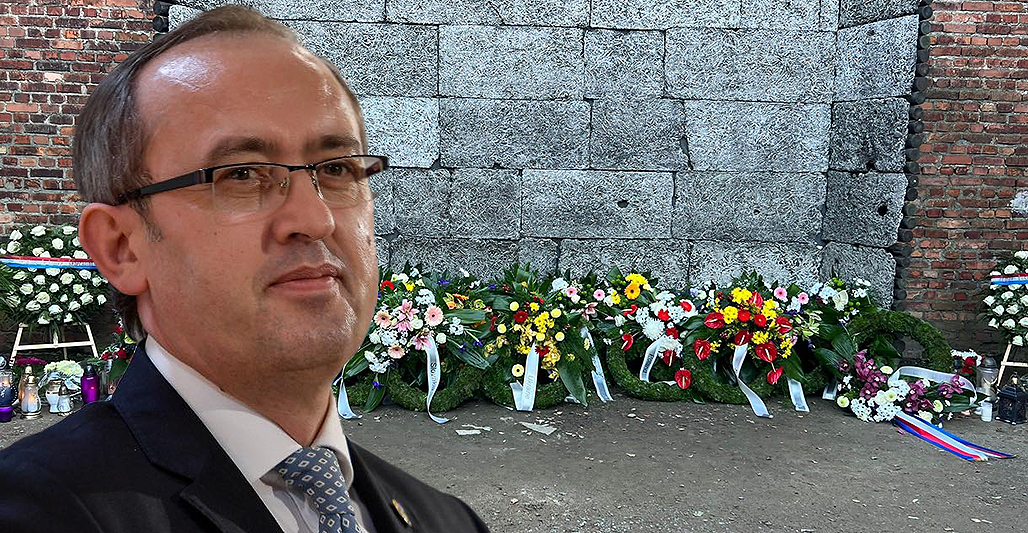Home today to no more than a few hundred Jews, Albania has the notable distinction of having seen its Jewish population increase during World War II despite the fact that it was occupied by Italy in 1939. Liam Hoare examines Albanians’ recent interest in their country’s history of harboring and protecting Jewish refugees and the role played by the national code of honor, called besa—although Hoare believes there was more to it than that:
To look only at besa . . . ignores the other forces at work in Albania. There were those in the government who refused to turn over lists of Jews residing within the country’s borders and provided many Jewish families with fake documentation, [not just ordinary citizens who chose to hide Jews]. The role of the resistance cannot be discounted, either, for its two factions—one Communist, one nationalist—agreed [upon] a kind of neutrality on the issue of Albanian Jews. Other factors include the size of the Jewish population in Albania . . . and that as a Muslim-majority country, [it had] avoided the centuries of Christian anti-Semitism that provided much of the background for the midnight of the 20th century.
The recent rediscovery of the Albanian Holocaust experience quite obviously serves something of a political purpose, as [can be seen] when the Albanian foreign minister [told] participants at a breakfast meeting hosted by the World Jewish Congress and the Israel Council on Foreign on Relations the story of besa. . . . Still, the fact that Albania is producing fresh historical studies [of its Jews] and other cultural products like documentaries about the Holocaust also shows that, even in the absence of Jewish life, the historical relationship between Albanians and Jews has [significant] resonance.
Albania Rediscovers Its Jews, and Their Rescue During the Holocaust



















